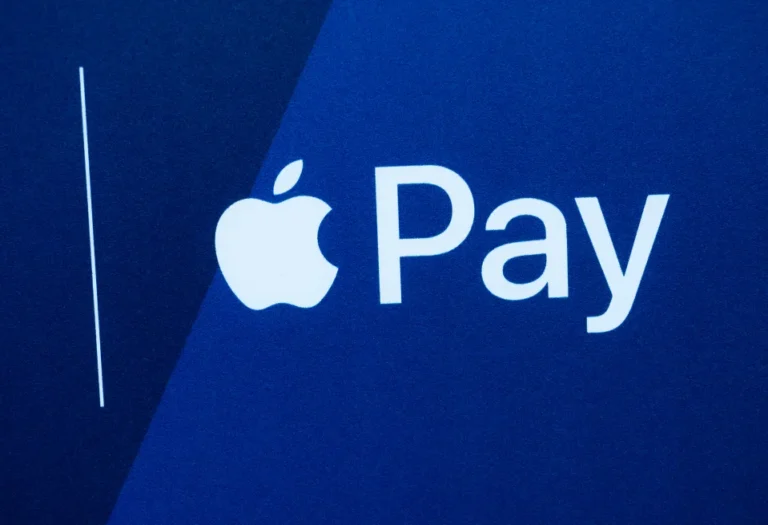Apple is required to report to an independent moderator as part of the agreement, which will be in effect for a period of ten years.
An deal over Apple’s tap-and-go technology has finally been reached between the European Union and Apple after a period of four years of back and forth between the two parties. Apple has made “legally binding” commitments to enable developers with their Near-Field Communication (NFC) technology, which is used for tap-and-go technology, and access iOS features such as Face ID identification and double-click to open. These agreements were disclosed by the European Commission. Due to the deal, Apple will not be subject to an antitrust fine that is equivalent to up to ten percent of its annual turnover around the globe, which is approximately forty billion dollars.
Additionally, Apple has consented to some conditions, such as enabling customers to enable third-party wallets as their default application option. “It opens up competition in this crucial sector, by preventing Apple from excluding other mobile wallets from the iPhone’s ecosystem,” mentioned Margrethe Vestage, the executive vice president in charge of competition policy for the European Union, in the press release. “From this point forward, several companies will be able to effectively compete with Apple Pay for mobile payments made with the iPhone in retail establishments. The result will be that customers will have access to a greater variety of mobile wallets that are both secure and innovative. The pledges are legally obligatory for a period of ten years, and an independent monitor will continue to ensure that Apple adheres to them throughout the European Economic Area (EEA).
In the year 2020, the European Commission initiated an investigation into Apple, charging that the company was engaging in practices that prevented other mobile wallet developers from gaining access to essential technologies. After a period of two years, the regulatory agency finally came to the conclusion that Apple had “abused its dominant position.”
Then, at the beginning of the year 2024, Apple made a final offer to open up its Near Field Communication (NFC) technology and report to an impartial reviewer. Apple’s competitors and other interested parties were encouraged to provide their feedback after the European Commission made the terms public and shared them with the public. The European Commission and Apple came to an agreement after consulting with one another, which ultimately led to the final deal.
After the European Commission announced its preliminary view that Apple violated the Digital Markets Act (DMA), the tech giant might still be on the line for tens of billions of euros in a different case when it comes to the matter. The new regulation went into force in March, and shortly after that, the European Commission began an investigation to determine whether or whether Apple prevented developers from informing consumers that they could pay less for services elsewhere. Any purchases that are made through the App Store are currently subject to a thirty percent commission that is taken by Apple. It is not until March 2025 that the European Commission is required to reach a definitive decision regarding the case.

